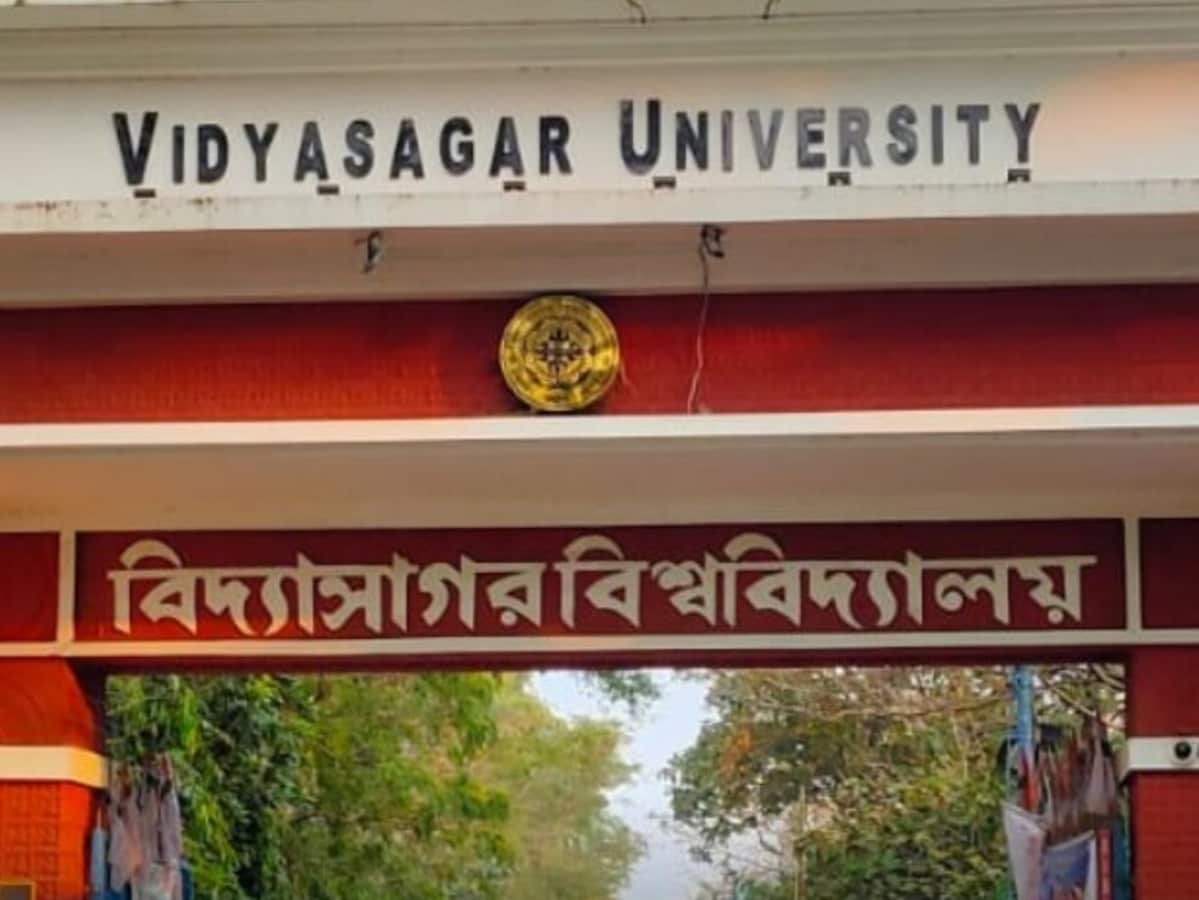In a significant political upheaval in West Bengal, a prominent university has sparked controversy by labeling revolutionaries as terrorists. This statement has ignited a heated debate over historical narratives, political ideologies, and the interpretation of activism in the region. The implications of this categorization extend beyond academia, influencing public perception and political discourse.
The Context of the Controversy
The incident originated during a seminar held at the university, where discussions on revolutionary movements in India were taking place. When a speaker referred to historical revolutionaries as terrorists, it raised eyebrows among students, faculty, and political leaders. This clash of viewpoints highlights a broader struggle over how history is taught and understood in today’s society.
Historical Perspective on Revolutionaries
To understand the implications of calling revolutionaries terrorists, it is essential to delve into India’s independence movement. Key figures, such as Bhagat Singh, Subhas Chandra Bose, and others, employed revolutionary tactics that some deemed necessary for liberation from colonial rule. An examination of their actions and motivations can illuminate why modern terminology may feel contradictory to their goals:
| Revolutionary | Notable Actions | Legacy |
|---|---|---|
| Bhagat Singh | Participated in the Central Legislative Assembly bombing; executed for his beliefs. | Icon of resistance; seen as a martyr for freedom. |
| Subhas Chandra Bose | Formed the Indian National Army; sought support from Axis powers during WWII. | Nationalist leader; revered in Indian history for leadership and courage. |
The Political Fallout
Political parties have reacted strongly to the university’s remarks. Several student organizations are organizing protests, demanding the retraction of the statement and calling for a more nuanced understanding of India’s freedom struggle. Political leaders from various parties have accused the university administration of historical ignorance and insensitivity, igniting a rallying cry for academic freedom and historical accuracy.
The Role of Education in Shaping Perspectives
Education plays a crucial role in shaping how history is interpreted and understood. In a diverse country like India, varying narratives coexist, and the challenge lies in fostering a curriculum that does justice to all perspectives. This incident underscores the necessity of engaging students in critical thinking rather than presenting a singular narrative, thus encouraging informed dialogue about sensitive historical topics.
Conclusion
The controversy surrounding the labeling of revolutionaries as terrorists at a West Bengal university opens up vital discussions about history, education, and political ideologies. As students and political leaders continue to engage in this debate, it is essential to foster an environment where diverse viewpoints can coexist. Moving forward, educational institutions must strive to present a balanced perspective that honors the complexities of India’s struggle for independence while promoting critical discourse among future generations.

